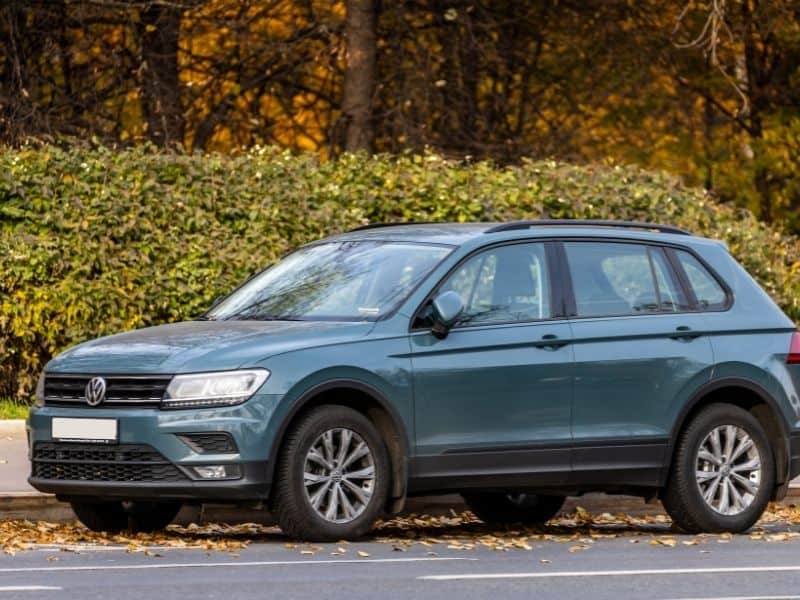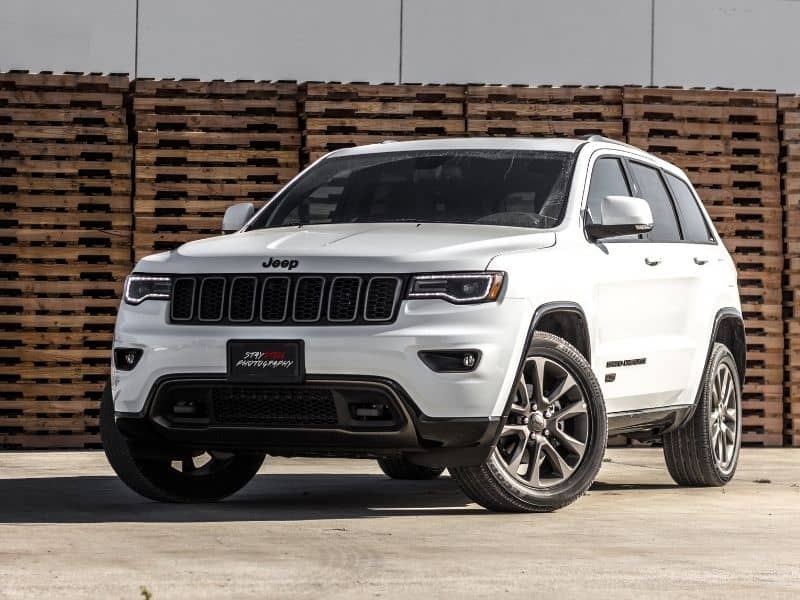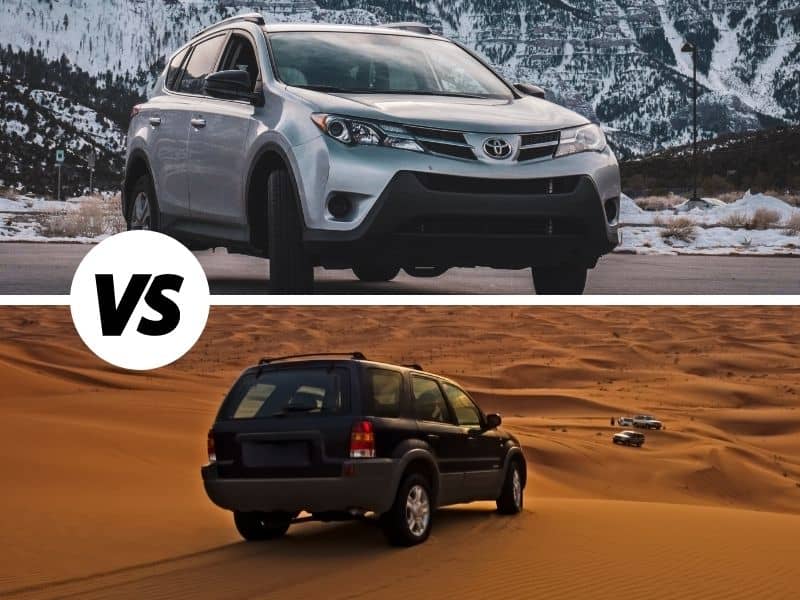SUVs and CUVs are both types of vehicles that have become popular in recent years. But what’s the difference between a CUV vs SUV?
What makes one more advantageous than the other for different needs?
Let’s take a closer look and also weigh up their pros and cons to find the best class for you.
CUV vs SUV
CUVs and SUVs share a lot of similarities, like the “UV” at the end of their name. This UV stands for “Utility Vehicle”.
The C in CUV stands for “Compact” or “Crossover” while the S in SUV stands for “Sport”.
Let’s start with CUVs first.
What is a CUV?
A Compact Utility Vehicle is a branch of SUVs based on passenger vehicles, in contrast, full-size SUVs are based on truck platforms.
While CUVs are smaller than full-size SUVs they still have more utility than their passenger car equivalent.

Pros of a CUV
Because CUVs are so much smaller than full-size SUVs they are easier to drive around cities, and parking is also easier.
Another plus point of being smaller and being based on normal passenger cars is the fuel efficiency. They may not be as good as the sedan or hatch that it is based on, but they are miles better compared to bigger SUVs.
CUVs have a much lower retail price than full-size SUVs.
As CUVs are basically passenger vehicles on stilts, accessing their cabin is much easier since the seat is higher off the ground.
Driving a CUV feels a lot easier since you sit higher and most of the CUVs have boxy designs with big windows that also help with increased visibility.
They are more capable in “soft” offroad situations (like driving on a gravel road that is in poor shape) than their passenger vehicle counterparts.
Cons of a CUV
Being based on passenger vehicles has its perks but also disadvantages, for instance, most CUVs don’t have an AWD option and are two-wheel drive only.
While they may be more capable than passenger cars in easy offroading conditions, they are not as good as bigger SUVs.
And while being able to sit higher off the ground has its benefits, it also results in worse on-road handling because the center of mass is higher off the ground.
Lastly, CUVs have less cargo space than the larger SUVs and cannot tow as much as well.
What is an SUV?
An SUV is the best of both worlds in the automotive world, you get the creature comforts of a passenger car mixed with the off-road ability of a pickup.
Some claim that a true SUV is based or built on a truck chassis, but there are many SUVs that are built on their own platform these days, especially when you are looking at the Luxury SUV market.

Pros of an SUV
As full-size SUVs are based on truck chassis they are quite heavy duty and can carry a lot of people, some even up to 8 passengers.
These vehicles can also tow quite a substantial weight, and carry a heavy load all at the same time.
Being based on trucks they also have some of the best offroading capabilities on the market and newer models have some cool gadgets and electronics that help them even further.
SUVs also have a transfer case, so you have a low gear set for when it gets seriously tricky offroad.
The higher sitting position of SUVs makes you feel like you have more authority on the road and due to the boxy design and big windows visibility is also really good.
Full-size SUVs also have nice big and powerful engines to propel them forward and help in offroad situations.
Cons of an SUV
While being big and based on a truck chassis is perfectly fine in wide-open spaces, it does driving an SUV in a city quite the chore, and don’t even get me started on parking.
Another drawback of being big and tall is on-road handling that is heavily impacted by a high center of gravity.
Full-size SUVs tend to be even higher than CUVs, meaning their center of gravity is also higher (unless we head into the really premium market, where clever engineering and weight distribution are even more in focus).
The downside to this type of vehicle compared to their smaller CUV cousins is that they are not as economical with their fuel.
Full-size SUVs also tend to have a higher retail price than CUVs.
Frequently Asked Questions
What is better, an SUV or CUV?
Depending on your priorities, if you want utility but plan on driving more on-road than off-road then a CUV is better suited for you.
If you like offroading and towing heavy camping equipment around, then a full-size SUV is more up your alley.
Is a Honda CRV a CUV?
Yes, the Honda CRV is categorized as a Compact/Crossover Utility Vehicle.
Interestingly the CRV is based on the Honda Civics underpinnings, that is why it is also one of the most reliable CUVs on the market.
What is the #1 ranked SUV?
The 2020 Nissan Armanda is the highest-ranking SUV in the JDPower consumer reviews for satisfaction and service.
Based on the Nissan Patrol that is sold worldwide, the Armanda won 1st place with 87 points out of 100.
With an average price of $61,050, it is also priced really well compared to its main competitors.

Final thoughts on CUVs vs SUVs
The CUV is a great option for those who don’t need the space of an SUV and only have to deal with light offroading.
If you are looking for a car that doesn’t require too much maintenance, has excellent fuel economy, and can fit your family comfortably, then consider buying a CUV.
Unless you have the unbreakable urge to go offroading then an SUV is better suited for you.
We hope this article has helped clear up some confusion about the different classes and help you identify the differences between CUVs and SUVs more clearly.
And maybe even help you when you next head into the car market for a new vehicle.
Related:
